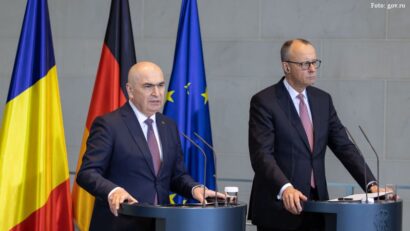Romania in the European Union
The reforms carried out in the last year have ensured a secure position for Romania, although sustainable progress is still to come, the European Commission believes.

Florentin Căpitănescu, 27.02.2015, 13:36
After five years of struggle with
the effects of the overarching crisis that swept Europe, Romania has now
reached economic and financial stability, with obvious shortcomings and
encouraging signs of progress. This is the main conclusion stemming from the
Commission’s annual country report on Romania. In terms of shortcomings, the
Commission pointed out our country’s failure to reach an agreement with its
international lenders. This is mainly due to the Government’s unshaken determination
to postpone the deregulation of gas prices and the privatization of two major
state-owned energy companies. As a result, the IMF submitted no letter of
intent.
Economic pundits say the Government’s unbending resolve is also
evidence of Romania’s decreasing dependency on repeated loan agreements with
its external lenders. Additionally, the Commission’s report also highlights the
potential vulnerabilities in the economic system, which are linked to the low
level of investment, drawbacks in tax collection, the reform of pensions and
public procurement. Our country’s strengths, on the other hand, have to do with
cutting back on tax burden in the labor sector, especially with the lowering of
social security contributions for employers. The fight against corruption is
also a positive note in the report, with anti-corruption efforts peaking over
the last year. Moreover, the Commission praises Bucharest’s actions to step up
its absorption of EU funds, an area Romania has been lagging behind ever since
its EU accession in 2007.
At the end of last year, with great effort, the EU
fund absorption rate barely exceeded 50%. In that respect, Line Minister Eugen
Teodorovici has told Radio Romania that most EU-funded projects have little to
no impact on the economy, unfortunately. Besides, the Minister wants to
simplify the whole system of absorbing funds in addition to streamlining local
and public administration in order to rid the system of all suspicions looming
over it. The ideas seems to have been met with great enthusiasm, given that
Romania ranks high among the countries known for siphoning off EU money to
various organized crime groups, both in terms of the number of cases and the
total value of the embezzled funds.
Also on the negative side, according to the
Eurostat, Romania has a minimum salary of 220 euros, which is far less as
compared to other Member States. This is all the more worrying as in the
2008-2015 period Romania reported the biggest increase in the EU, up to 95%, of
the minimum salary. Bulgaria is the only other country with a similarly low
rating in terms of living standards. At the opposite poll are the Baltic states
and Poland, where the minimum salary stands at some 400 euros.






























